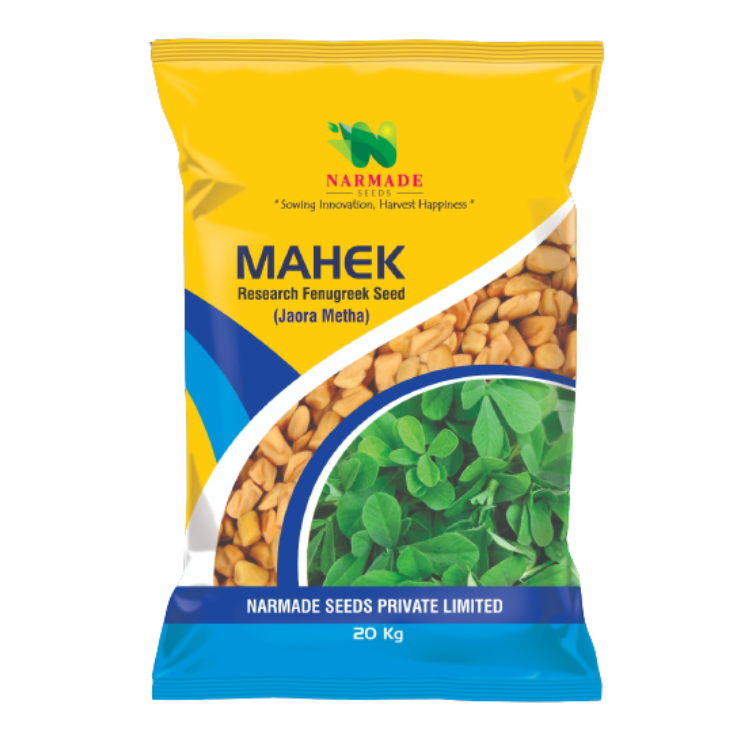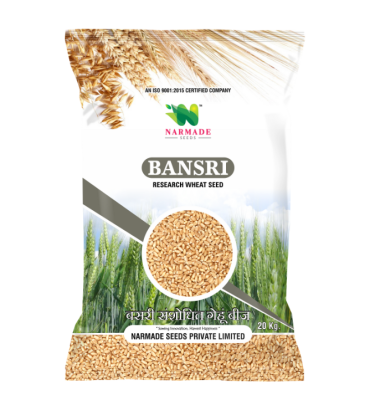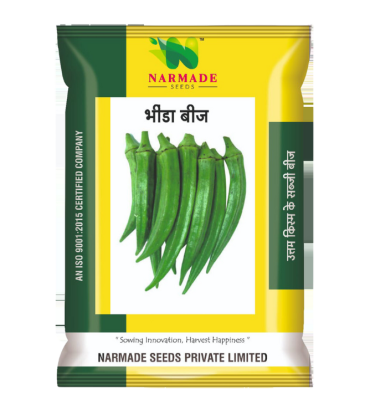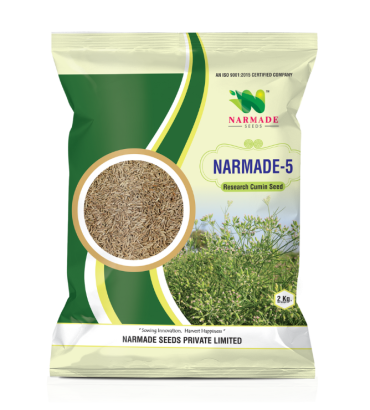Here are some key points about fenugreek seeds:
1. Plant Description:
- The fenugreek plant is an annual herb that grows 2-3 feet tall.
- It produces clusters of small white flowers that develop into slender pods containing fenugreek seeds.
2. Culinary Uses:
- Fenugreek seeds are widely used in various cuisines, especially in Indian, Middle Eastern, and North African dishes.
- They are a key ingredient in spice blends, such as curry powder and garam masala.
3. Flavor Profile:
- Fenugreek seeds have a slightly bitter taste with a distinctive nutty aroma.
- When used in cooking, they add depth and complexity to dishes.
4. Medicinal Uses:
- Fenugreek has been used in traditional medicine for its potential health benefits.
- It is believed to have properties that may support digestion, blood sugar regulation, and lactation in nursing mothers.
5. Culinary Applications:
- Fenugreek seeds can be used whole or ground, depending on the culinary application.
- They are often added to stews, soups, pickles, and vegetable dishes.
6. Sprouting:
- Fenugreek seeds are sometimes sprouted, producing fenugreek sprouts that are used in salads and sandwiches.
- Sprouting can enhance the nutritional content of the seeds.
7. Aromatic Spice:
- The aromatic nature of fenugreek seeds makes them a popular addition to spice blends, contributing to the overall flavor profile of dishes.
8. Health Benefits:
- Fenugreek seeds contain fiber, protein, vitamins (such as B vitamins), and minerals (iron, magnesium, manganese).
- Some studies suggest potential benefits for conditions like diabetes and digestive issues, although further research is needed.
9. Traditional Ayurvedic Herb:
- In Ayurvedic medicine, fenugreek is considered a warming spice with potential benefits for various ailments.
10. Commercial and Culinary Products:
- Fenugreek seeds are readily available in grocery stores and are also used to produce fenugreek seed oil and fenugreek leaf powder.







There are no reviews yet.